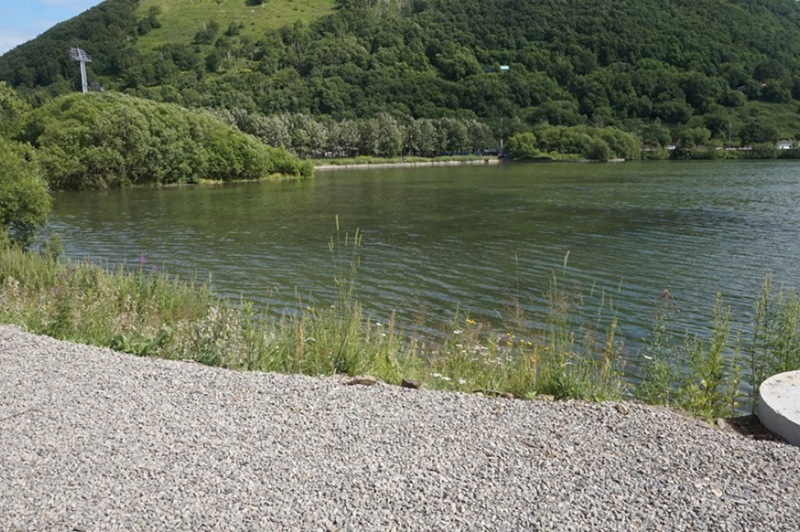The ecological situation around Kultuchny Lake in Petropavlovsk-Kamchatsky is of serious concern. A large-scale survey of the residential and non-residential stock of the lake basin has been completed, during which experts identified illegal connections to storm sewers and assessed the technical condition of house, block and storm systems. An impressive amount of work covered 335 wells and almost 13 thousand meters of storm sewers, according to the press service of Petropavlovsk-Kamchatsky city district.

The results of the inspection are disappointing: ten points were found where, presumably, household wastewater is illegally discharged into a system designed exclusively for rainwater. This means that untreated human waste containing detergents, organic pollutants and other “chemicals” directly enter storm sewers, and from there into Kultuch Lake, causing irreparable harm to its ecosystem.
Foci of contamination were recorded at the following addresses: on Mirror Street in the area of buildings at 22 Vladivostok and 18 Vladivostok; 37 Klyuchevskaya; 71 Leningradskaya at the entrance of the former Avacha restaurant, near the Avacha hotel, at the parking lot between buildings 27 and 31, at the fire station at Leningradskaya, 25, and near the hotel under construction at 17 Leningradskaya Street; as well as in the area of house No. 18 and building No. 30 on Embankment Street.
The press service of the Petropavlovsk-Kamchatsky city district assures that all illegal taps into the drainage system in the Kultuchny Lake area will be eliminated in the near future. The municipal government agency “Highway Service PKGO” is already carrying out measures to identify a contractor through trade procedures to carry out work to eliminate these illegal connections. According to them, after the completion of these procedures, it is planned to immediately begin work to eliminate violations.
These measures are being taken as part of a comprehensive effort to fully clean up the Kultuchnoye Lake basin. However, each such case of illegal dumping highlights the severity of the problem of anthropogenic impact on vulnerable urban reservoirs and the need for constant monitoring, as well as increasing environmental responsibility of both citizens and organizations.